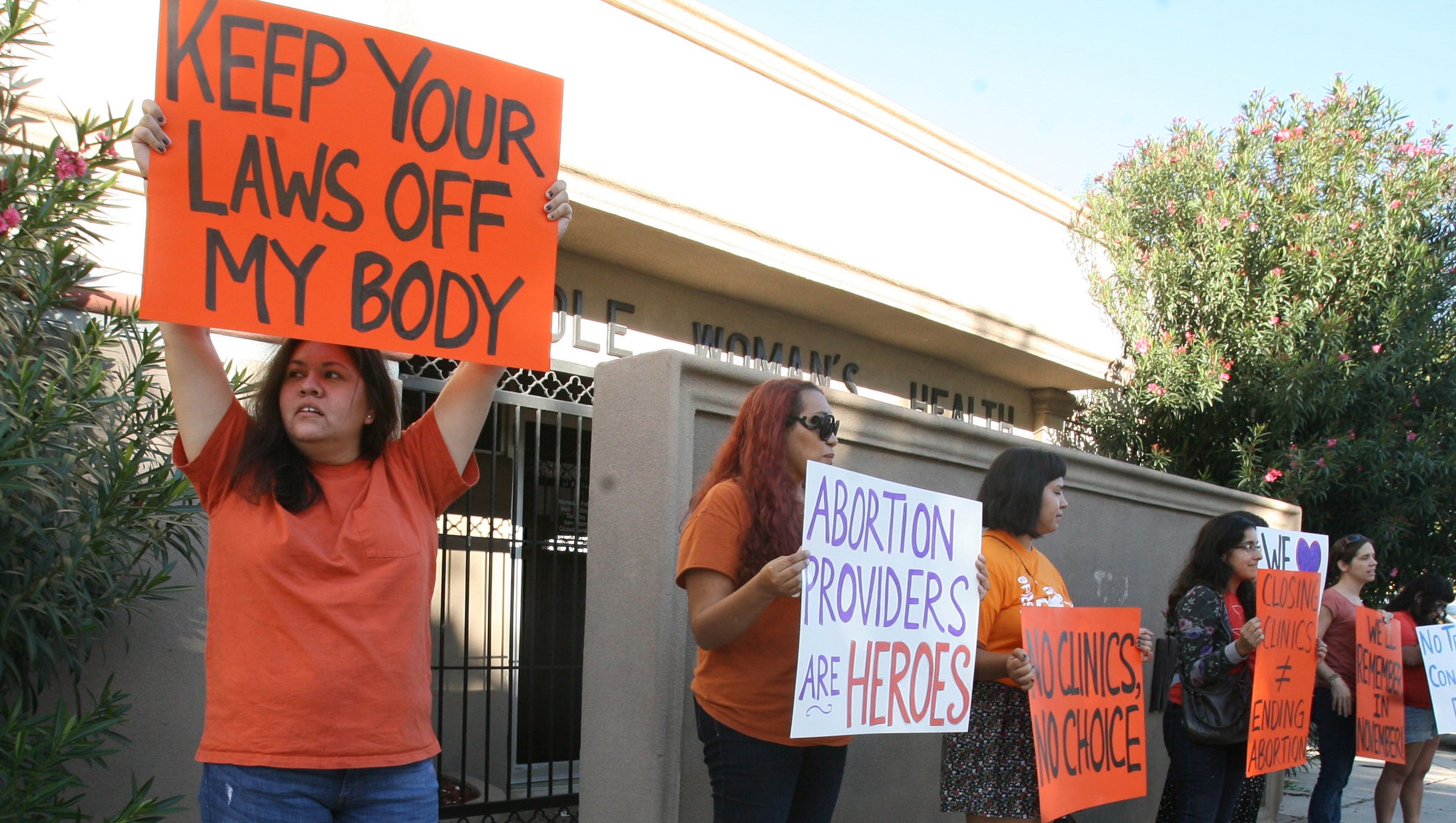States Call For Expanded Abortion Rights: A Surge In Legislative Action

States Call for Expanded Abortion Rights: A Surge in Legislative Action
Introduction
The landscape of reproductive rights in the United States is undergoing a transformative shift as a wave of states introduce and pass legislation aimed at expanding access to abortion care. This surge in legislative activity reflects the growing public support for abortion rights and the determination of advocates to enshrine these rights in law. However, this progress is met with fierce resistance from anti-abortion groups and lawmakers, setting the stage for a complex and contentious battleground.
Motivations for Expanding Abortion Rights
The primary motivation behind the push for expanded abortion rights is the belief that all individuals should have the autonomy to make decisions about their own bodies and reproductive health. Advocates emphasize that abortion is a fundamental right that enables individuals to control their life trajectory and achieve their full potential. Access to comprehensive reproductive health care, including abortion, is viewed as essential for promoting gender equality and empowering women.
Legislative Actions and Successes
The legislative efforts to expand abortion rights have taken various forms. Many states have passed bills that repeal or update restrictive laws, such as mandatory waiting periods, parental notification requirements, and ultrasound mandates. Others have codified the right to abortion within their state constitutions, providing a stronger legal foundation for abortion access regardless of future legal challenges.
Notably, several states have taken a proactive approach by passing laws that go beyond simply repealing existing restrictions. These forward-looking measures include:
- Establishing state-funded programs to support abortion care for low-income individuals
- Expanding access to telehealth services for abortion medication
- Prohibiting insurance companies from denying coverage for abortion services
Resistance and Legal Challenges
The push for expanded abortion rights has faced strong opposition from anti-abortion groups and conservative lawmakers. These opponents argue that abortion is morally wrong and should be restricted or outlawed altogether. They have launched legal challenges to the new laws, filing lawsuits and seeking injunctions to block their implementation.
In several states, the legal battles over abortion rights have reached the highest courts. The Supreme Court has yet to rule on the constitutionality of the new laws, but the court's conservative majority has signaled a willingness to reconsider the landmark Roe v. Wade decision, which legalized abortion nationwide.
Public Opinion and the Future of Abortion Rights
Public opinion polls consistently show that a majority of Americans support abortion rights, and support for abortion access has grown in recent years. This public support has been a driving force behind the legislative push to expand abortion rights.
However, it is important to note that there are significant regional and political divisions on this issue. In many conservative states, anti-abortion sentiment is strong, and efforts to expand abortion rights face intense resistance.
The future of abortion rights in the United States remains uncertain. The outcome of the legal challenges and the evolving political landscape will shape the availability and accessibility of abortion care in the years to come.
Balancing Rights and Beliefs
The debate over abortion rights highlights the complex and often conflicting nature of individual rights and societal beliefs. While supporters of abortion rights view it as a fundamental right essential for individual autonomy, opponents see it as a violation of the rights of the unborn and a moral wrong.
Balancing these competing perspectives requires a nuanced understanding of the complexities of the issue. It involves grappling with questions about the value of life, the role of government in regulating personal choices, and the impact of abortion on individuals, families, and society as a whole.
Conclusion
The surge in legislative action to expand abortion rights reflects the growing public support for these rights while facing fierce resistance from anti-abortion groups. The legal battles over the new laws and the evolving political landscape will continue to shape the future of abortion access in the United States.
Balancing the right to personal autonomy with societal beliefs about the value of life and the role of government remains a complex and challenging task. The ongoing debate over abortion rights highlights the need for robust public discourse, informed decision-making, and a commitment to protecting the rights of all individuals involved.
